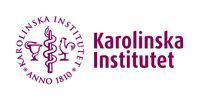More precise diagnoses made possible with whole genome sequencing
More than 1,200 people with rare diseases have received a diagnosis thanks to the integration of large-scale genomics into the Stockholm region’s healthcare system. This is according to a study from Karolinska Institutet in Sweden that analysed the result of the first five years of collaboration on whole genome sequencing between Karolinska University Hospital and SciLifeLab. The work, published in Genome Medicine, constitutes a major leap forward in the emerging field of precision medicine.
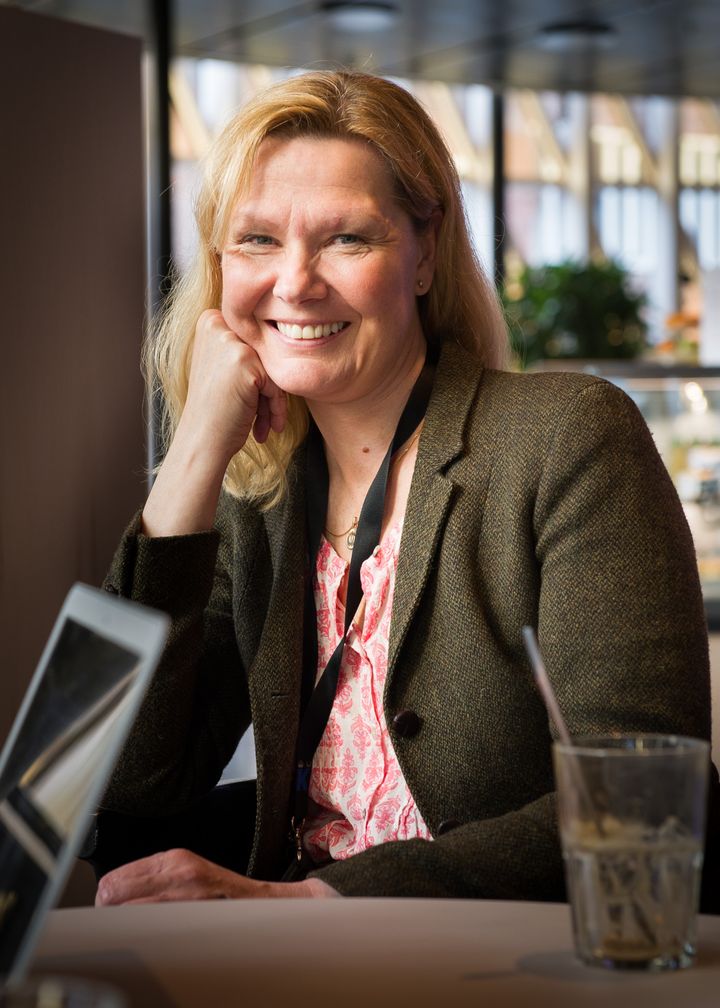
“We’ve established a way of working where hospital and university collaborate on sequencing each patients’ entire genome in order to find genetic explanations for different diseases,” says the paper’s first author Henrik Stranneheim, researcher at the Department of Molecular Medicine and Surgery, Karolinska Institutet. “This is an example of how precision medicine can be used to make diagnoses and tailor treatments to individual patients.”
Large-scale whole genome sequencing technology, that is the process of determining an individual’s complete set of genetic material, has made rapid advances over the recent decade. Despite this, few clinics worldwide routinely use it to diagnose patients.
Just over five years ago, the Karolinska University Laboratory and the Clinical Genomics facility at SciLifeLab launched the Genomic Medicine Center Karolinska-Rare Diseases (GMCK-RD), which involves researchers from among others Karolinska Institutet and KTH Royal Institute of Technology.
In the first five years, the center carried out genome sequencing of 3,219 patients, which led to molecular diagnoses for 1,287 patients (40 percent) with rare diseases. The results are described in the paper now published.
The researchers found pathogenic mutations in more than 750 genes and discovered 17 novel disease genes. In some cases, the findings have enabled personalised treatment for patients with, for example, inherited metabolic diseases, rare epilepsies and primary immune deficiencies.
“Clinical whole genome sequencing has had huge implications for the area of rare diseases,” says Anna Wedell, professor at the Department of Molecular Medicine and Surgery, Karolinska Institutet, and one of the paper’s corresponding authors. “Used in the right way, targeted at each patient’s specific clinical situation, new groups of patients can receive the right diagnosis and treatment in a way that hasn’t been possible before.”
One of the main challenges of whole genome sequencing is to manage and interpret the millions of genetic variants that exist in each individual. The centre has therefore developed a model that directs the initial analysis to pathogenic variants in genes deemed relevant for each patient’s clinical symptoms. This means that doctors have an important part to play in deciding which genetic analyses should be done first.
If the first assessment fails to produce a result, the analysis is broadened to more gene panels until a diagnosis can be established and/or the whole genome is sequenced. This process has also enabled the identification of several previously unknown disease genes, which presents new opportunities for in-depth exploration of pathogenic mechanisms.
A significant undertaking is currently underway to implement a similar working method on a broader front in the Swedish healthcare sector. For example, Karolinska Institutet and Karolinska University Hospital recently established a joint center for precision medicine (PMCK) that will consolidate expand the collaboration around precision medicine.
“For us to succeed with precision medicine, a multidisciplinary collaboration between health care and academia is essential,” says the paper’s second corresponding author Anna Lindstrand, professor at the Department of Molecular Medicine and Surgery, Karolinska Institutet and consultant at Karolinska University Hospital’s Department of Clinical Genetics. “Through these initiatives we combine clinical expertise with bioinformatic tools and together deliver accurate diagnoses and individualized treatments.”
The study was financed by Region Stockholm, the Swedish Research Council, the Swedish Brain Fund, Karolinska Institutet, the Knut & Alice Wallenberg Foundation and the Norwegian Research Council.
Publication: “Integration of whole genome sequencing into a health care setting: High diagnostic rates across multiple clinical entities in 3219 rare disease patients,” Henrik Stranneheim, Kristina Lagerstedt-Robinson, Måns Magnusson, Malin Kvarnung, Daniel Nilsson, Nicole Lesko, Martin Engvall, Britt-Marie Anderlid, Henrik Arnell, Carolina Backman Johansson, Michela Barbaro, Erik Björck, Helene Bruhn, Jesper Eisfeldt, Cristoph Freyer, Giedre Grigelioniene, Peter Gustavsson, Anna Hammarsjö, Maritta Hellström-Pigg, Erik Iwarsson, Anders Jemt, Mikael Laaksonen, Sara Lind Enoksson, Helena Malmgren, Karin Naess, Magnus Nordenskjöld, Mikael Oscarson, Maria Pettersson, Chiara Rasi, Adam Rosenbaum, Ellika Sahlin, Eliane Sardh, Tommy Stödberg, Bianca Tesi, Emma Tham, Håkan Thonberg, Virpi Töhönen, Ulrika von Döbeln, Daphne Vassiliou, Sofie Vonlanthen, Ann-Charlotte Wikström, Josephine Wincent, Ola Winqvist, Anna Wredenberg, Sofia Ygberg, Rolf H Zetterström, Per Marits, Maria Johansson Soller, Ann Nordgren, Valtteri Wirta, Anna Lindstrand, Anna Wedell, Genome Medicine, online March 17, 2021, doi: 10.1186/s13073-021-00855-5
For more information, please contact:Anna Wedell, professorDepartment of Molecular Medicine and Surgery, Karolinska InstitutetPhone: +46 (0)73-966 0743Email: anna.wedell@ki.se
Anna Lindstrand, professorDepartment of Molecular Medicine and Surgery, Karolinska InstitutetPhone: +46 (0)70-543 65 93Email: anna.lindstrand@ki.se
Valtteri Wirta, head of unitClinical Genomics facility at Science for Life Laboratory (SciLifeLab)Department of Microbiology, Tumor and Cell Biology, Karolinska InstitutetSchool of Engineering Sciences in Chemistry, Biotechnology and Health, KTH Royal Institute of TechnologyPhone: +46 (0)73-33 86 341Email: valtteri.wirta@scilifelab.se
Contacts
Contact the Press Office and download photo: ki.se/pressroom
Images
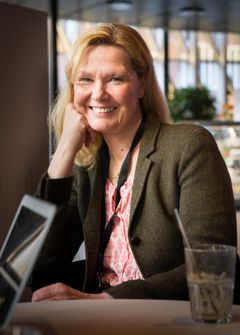
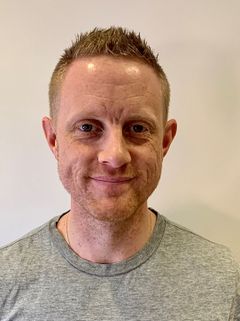
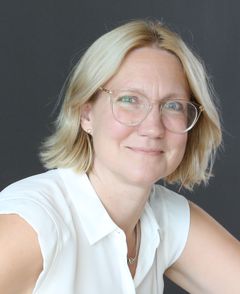
Karolinska Institutet (https://ki.se/en) is one of the world’s leading medical universities. Our vision is to advance knowledge about life and strive towards better health for all. Karolinska Institutet accounts for the single largest share of all academic medical research conducted in Sweden and offers the country’s broadest range of education in medicine and health sciences. The Nobel Assembly at Karolinska Institutet selects the Nobel laureates in Physiology or Medicine.
Subscribe to releases from Karolinska Institutet - English
Subscribe to all the latest releases from Karolinska Institutet - English by registering your e-mail address below. You can unsubscribe at any time.
Latest releases from Karolinska Institutet - English
New method reveals how the brain and inner ear are formed3.4.2025 20:00:00 CEST | Pressmeddelande
Researchers at Karolinska Institutet have developed a method that shows how the nervous system and sensory organs are formed in an embryo. By labelling stem cells with a genetic ‘barcode’, they have been able to follow the cells’ developmental journey and discover how the inner ear is formed in mice. The discovery, published in Science, could provide important insights for future treatment of hearing loss.
Fluoride in drinking water is associated with impaired childhood cognition7.3.2025 15:30:00 CET | Pressmeddelande
Elevated concentrations of fluoride can occur in well water, and in some countries, it is added to drinking water to counteract caries in the population. A study from Karolinska Institutet in Sweden now supports a few previous studies indicating that exposure to fluoride during the fetal stage or early childhood may impair cognition in children. The study is published in the journal Environmental Health Perspectives.
Children with ARFID face increased risk of disease17.2.2025 17:00:00 CET | Pressmeddelande
Children with avoidant restrictive food intake disorder (ARFID) have an elevated risk of developing psychiatric and physical conditions, a new study from Karolinska Institutet published in JAMA Pediatrics reports. The study highlights the importance of early identification to improve care of these children.
Preterm babies receive insufficient pain management27.1.2025 15:29:17 CET | Pressmeddelande
A large proportion of babies born very early need intensive care, which can be painful. But the healthcare system fails to provide pain relief to the full extent. This is shown by the largest survey to date of pain in neonatal care, now published in the journal Pain.
New study paves way for immunotherapies tailored for childhood cancers20.1.2025 17:00:00 CET | Pressmeddelande
Researchers at Karolinska Institutet and the Astrid Lindgren Children’s Hospital in Sweden have determined how children’s immune systems react to different kinds of cancer depending on their age. The study, which is published in the journal Cell, reveals significant differences between the immune response of children and adults, and has the potential to lead to new tailored treatments for children with cancer.
In our pressroom you can read all our latest releases, find our press contacts, images, documents and other relevant information about us.
Visit our pressroom